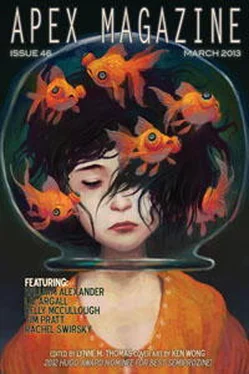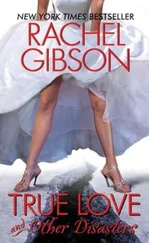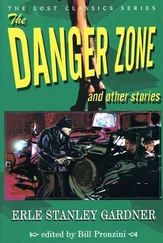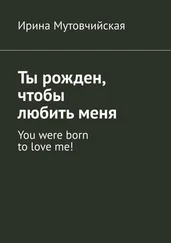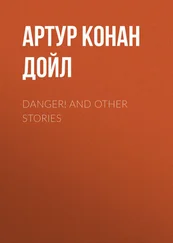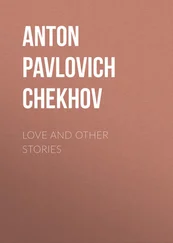If you were a dinosaur, my love, I’d teach you the scents of those men. I’d lead you to them quietly, oh so quietly. Still, they would see you. They’d run. Your nostrils would flare as you inhaled the night and then, with the suddenness of a predator, you’d strike. I’d watch as you decanted their lives—the flood of red; the spill of glistening, coiled things—and I’d laugh, laugh, laugh.
If I laughed, laughed, laughed, I’d eventually feel guilty. I’d promise never to do something like that again. I’d avert my eyes from the newspapers when they showed photographs of the men’s tearful widows and fatherless children, just as they must avert their eyes from the newspapers that show my face. How reporters adore my face, the face of the paleontologist’s fiancée with her half-planned wedding, bouquets of hydrangeas already ordered, green chiffon bridesmaid dresses already picked out. The paleontologist’s fiancée who waits by the bedside of a man who will probably never wake.
If you were a dinosaur, my love, then nothing could break you, and if nothing could break you, then nothing could break me. I would bloom into the most beautiful flower. I would stretch joyfully toward the sun. I’d trust in your teeth and talons to keep you/me/us safe now and forever from the scratch of chalk on pool cues, and the scuff of the nurses’ shoes in the hospital corridor, and the stuttering of my broken heart.
Mar 5, 2013

Rachel Swirsky holds an MFA from the Iowa Writers Workshop and graduated from Clarion West in 2005. Her short fiction has been published in venues including Tor.com, Subterranean Magazine , and Clarkesworld Magazine , and been nominated for the Hugo Award, the Locus Award, the Sturgeon Award, and the World Fantasy Award. In 2010, her novella “The Lady Who Plucked Red Flowers in the Queen’s Window” won the Nebula. Her newest collection, How the World Became Quiet: Myths of the Past, Present and Future , is forthcoming from Subterranean at the end of September. It has a Shaun Tan cover!
Swirsky wrote this piece after talking to multiple editors who worked with horror stories, all of whom reported receiving many submissions about men murdering their wives or ex–wives. Despite the fictional veneer and supernatural justification, many have the feel of personal revenge fantasies, and most characterize the women through disturbing, misogynist stereotypes. Swirsky wanted to see if it was possible to write a story that included all the markers of the trope but nevertheless subverted it.
If she was going to turn into a harpy, she wouldn’t want to be a vulture–harpy. A Macaw harpy? A bird of paradise? A cassowary? So many better options.
